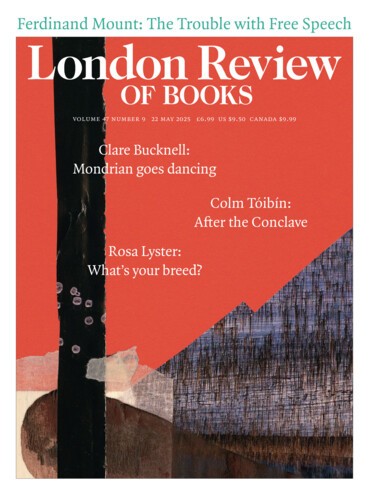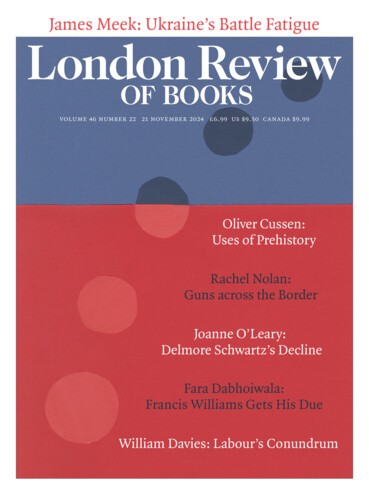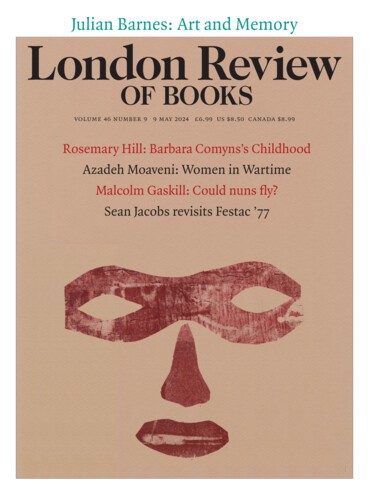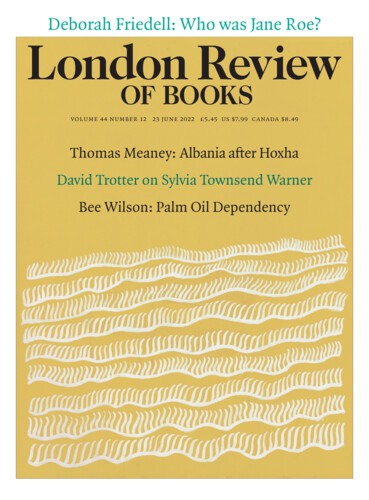Fara Dabhoiwala
Fara Dabhoiwala teaches at Princeton. He is the author of The Origins of Sex: The History of the First Sexual Revolution and What Is Free Speech? The History of a Dangerous Idea. He is writing a biography of Francis Williams, which expands on the discoveries he discussed in the LRB.
A Man of Parts and Learning: Francis Williams Gets His Due
Fara Dabhoiwala, 21 November 2024
In the autumn of 1928, a previously unknown painting turns up on the London art market. It belongs to a Major Henry Howard of Surrey. He is 45 years old. His father has just died and left him a large estate, and he’s selling off much of it – houses, land, family heirlooms. There are death duties; he has five young daughters and a marriage that’s going to end soon. He needs...
Seagull Soup: HMS Wager
Fara Dabhoiwala, 9 May 2024
In 1739, on the outbreak of war with Spain, the British government sent two fleets to attack its enemy’s possessions in South America. A huge armada of nearly two hundred vessels and almost thirty thousand men sailed for the West Indies under the newly promoted Vice Admiral Edward Vernon, hero of the recent taking of Porto Bello in Panama, to capture other key Spanish possessions in...
Nothing Like an Alibi
23 June 2022
My Runaway Slave, Reward Two Guineas: Tools of Enslavement
Fara Dabhoiwala, 23 June 2022
On Valentine’s Day 1661 Elizabeth Pepys and her husband, Sam, rose early and walked from their house behind the Tower of London down Seething Lane. They were to visit one of Sam’s superiors, William Batten, surveyor of the navy. The custom was that women should take the first man they saw as their Valentine, so long as he was no relation. The previous year, Elizabeth had...
Pieces about Fara Dabhoiwala in the LRB
The Tongue Is a Fire: The Trouble with Free Speech
Ferdinand Mount, 22 May 2025
It’s puzzling, unsettling even, to see ‘free speech’ rearing its head in public debate again, rousing passions which seemed long defunct. Wasn’t the doctrine definitively trumpeted by Milton...
Read anywhere with the London Review of Books app, available now from the App Store for Apple devices, Google Play for Android devices and Amazon for your Kindle Fire.
Sign up to our newsletter
For highlights from the latest issue, our archive and the blog, as well as news, events and exclusive promotions.




